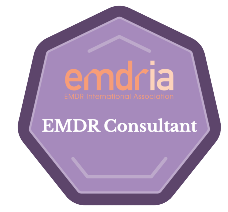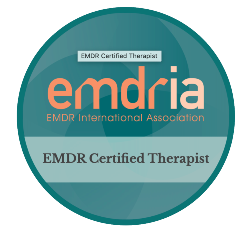How Important Is Mindfulness in Daily Life?
In today’s world, distractions are everywhere. You can be in the middle of a conversation with someone, and someone could knock on your front door. While you’re folding laundry, you may have a phone conversation or watch a show to pass the time. When you’re busy working on a project, your inbox may fill up with new emails. Even while driving, you may be listening to music, audiobooks, or podcast.
On top of the countless number of distractions, the world is also filled with a desire to be extremely fast-paced. We all want to maximize our time. This can make it extremely difficult to stay focused on the present moment. Let’s learn more about how important mindfulness is in daily life.
What is Mindfulness?
Mindfulness is the practice of purposely bringing your attention to the present moment. A lot of anxiety actually stems from worrying about certain thoughts, behaviors, or actions that happened in the past or worrying about things that haven’t even occurred yet in the future. Mindfulness allows you to bring yourself back to the present moment to try to reduce some of that stress and anxiety you may have when your mind wanders to the past or future.
What are the Benefits?
Mindfulness has shown benefits in physical and psychological symptoms as well as in an individual’s overall health and wellness.
As for physical health, mindfulness can help to reduce stress, lower blood pressure, lessen chronic pain, improve sleep, alleviate digestive issues, and even treat heart problems like heart disease.
Mental health benefits include the treatment of many different mental health disorders like depression, eating disorders, substance use and abuse, anxiety disorders, obsessive-compulsive disorders (OCD), and conflict within couples.
Mindfulness helps individuals fully tune in and engage in one single activity at a time. This simple change helps people avoid getting caught up in their thoughts or feelings toward past or future events. Mindfulness has also been proven to help individuals live happier and more satisfied lives.
How to Practice Mindfulness
The overall idea behind mindfulness is acceptance. Individuals practicing mindfulness essentially accept all their experiences, the good and the bad, the positive and the negative. The goal of mindfulness is for individuals to understand their negative thoughts and emotions better and replace them with more positive ones.
There are several different ways that you can practice mindfulness. What works for you may not work for a loved one or a close friend. And what works for one of your friends may not work for you. You’ll have to try a few different options and see what works best for you. But remember, mindfulness takes time, practice, and concentration.
Here are just a few of the many ways you can practice mindfulness:
- Art therapy
- Deep breathing
- Sharing meals with friends
- Meditation
- Tai chi
- Yoga
Next Steps
When it comes to mindfulness, don’t knock it until you try it. When people think of mindfulness, they often think of sitting down on the floor, legs crossed in front of them, eyes closed. For some, this may seem relaxing and peaceful. Others may think that they have better things to do.
Mindfulness takes time, energy, and work. As with anything that you’re working towards in your life, it will require a little practice. You can’t expect to show up to your first day on a new job and know everything. But with a little effort and time spent learning and practicing, you will improve each day. The same thing can be said about mindfulness.
If you’re interested in learning more about mindfulness or how to incorporate it into your daily routine, contact us today to set up a consultation for anxiety treatment.






